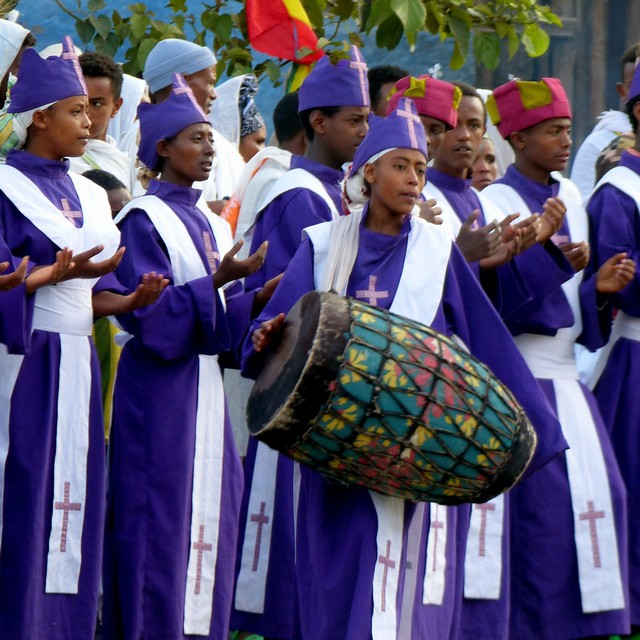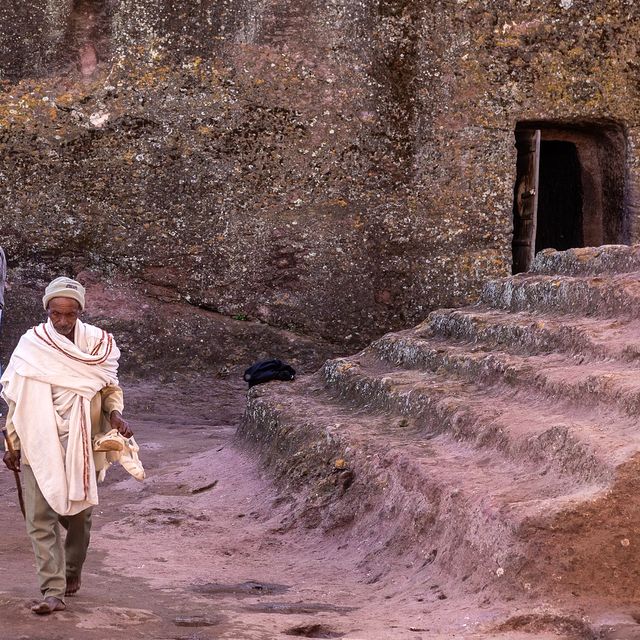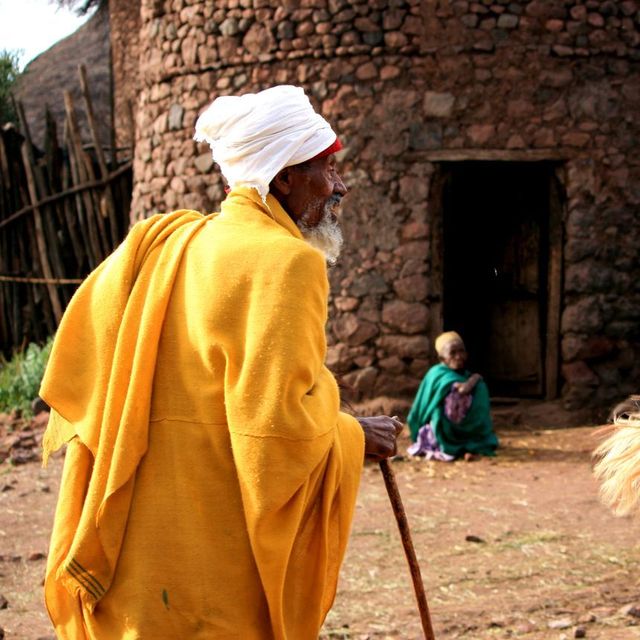
Festivals of Ethiopia
Ethiopia
Culture | Festivals
Experience Ethiopia's Genna and Timkat Festivals
£3,795 pp
This is the per person group tour price, based on 2 sharing. The price is subject to change with exchange rate and flight cost fluctuations.
16 days

